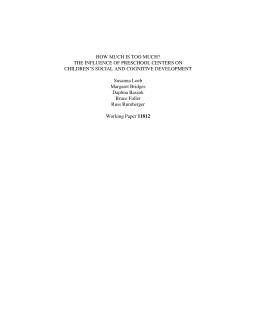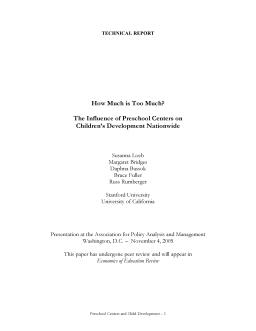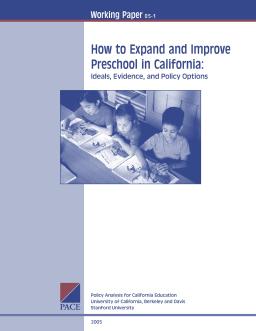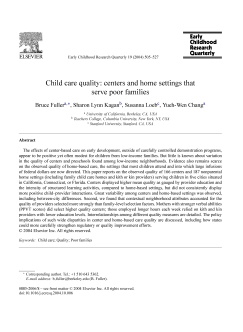Bruce Fuller

Bruce Fuller is professor emeritus in the School of Education at the University of California, Berkeley. His research examines how public policies influence schools and families, particularly in efforts to decentralize education reform. Fuller explores the institutional and political challenges of designing effective policies, with studies spanning Latino communities in East Boston to impoverished communities in South Africa. He formerly served as director of Policy Analysis for California Education (PACE) and was a researcher at the World Bank. Before joining UC Berkeley, he was an associate professor of education and public policy at Harvard University and a project manager with the U.S. Agency for International Development at the U.S. Department of State. Earlier in his career, he served as a research sociologist at the World Bank and as an education advisor to the California State Legislature. He is the author of Standardized Childhood and Organizing Locally and is working on a book on civic activism and school reform in Los Angeles. Fuller earned his PhD in the sociology of education from Stanford University.
updated 2025






